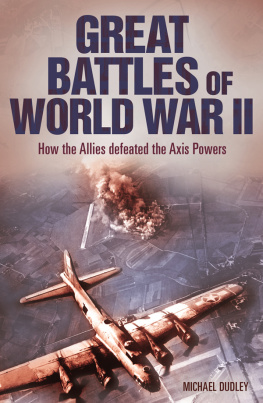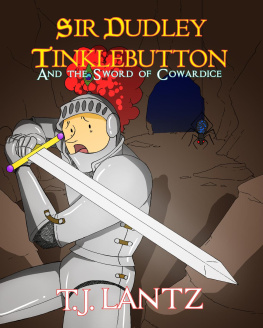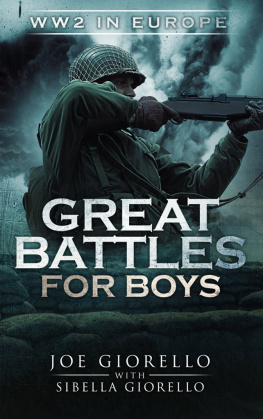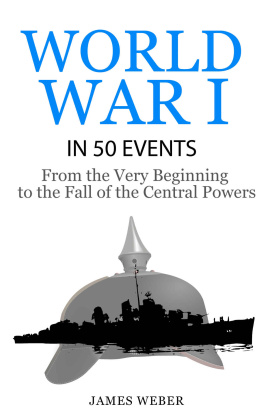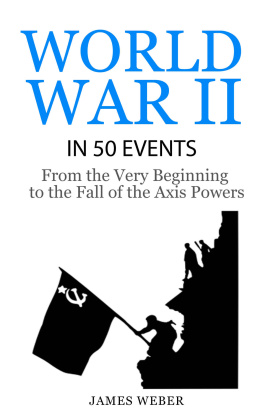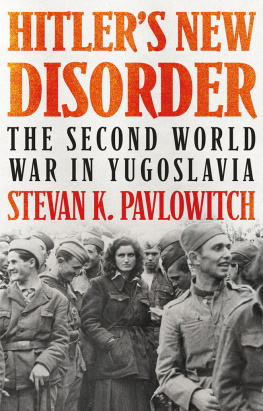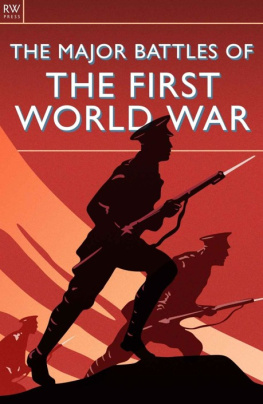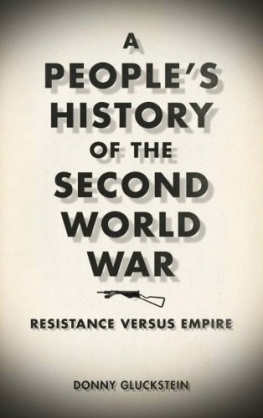Dudley - Great battles of World War II: how the Allies defeated the Axis powers
Here you can read online Dudley - Great battles of World War II: how the Allies defeated the Axis powers full text of the book (entire story) in english for free. Download pdf and epub, get meaning, cover and reviews about this ebook. City: London, year: 2017, publisher: Arcturus Publishing Limited, genre: History. Description of the work, (preface) as well as reviews are available. Best literature library LitArk.com created for fans of good reading and offers a wide selection of genres:
Romance novel
Science fiction
Adventure
Detective
Science
History
Home and family
Prose
Art
Politics
Computer
Non-fiction
Religion
Business
Children
Humor
Choose a favorite category and find really read worthwhile books. Enjoy immersion in the world of imagination, feel the emotions of the characters or learn something new for yourself, make an fascinating discovery.
Great battles of World War II: how the Allies defeated the Axis powers: summary, description and annotation
We offer to read an annotation, description, summary or preface (depends on what the author of the book "Great battles of World War II: how the Allies defeated the Axis powers" wrote himself). If you haven't found the necessary information about the book — write in the comments, we will try to find it.
Dudley: author's other books
Who wrote Great battles of World War II: how the Allies defeated the Axis powers? Find out the surname, the name of the author of the book and a list of all author's works by series.
Great battles of World War II: how the Allies defeated the Axis powers — read online for free the complete book (whole text) full work
Below is the text of the book, divided by pages. System saving the place of the last page read, allows you to conveniently read the book "Great battles of World War II: how the Allies defeated the Axis powers" online for free, without having to search again every time where you left off. Put a bookmark, and you can go to the page where you finished reading at any time.
Font size:
Interval:
Bookmark:




This edition published in 2017 by Arcturus Publishing Limited
26/27 Bickels Yard, 151-153 Bermondsey Street, London SE1 3HA
Copyright 2017 Arcturus Holdings Limited
All rights reserved. No part of this publication may be reproduced, stored in a retrieval system, or transmitted, in any form or by any means, electronic, mechanical, photocopying, recording or otherwise, without prior written permission in accordance with the provisions of the Copyright Act 1956 (as amended). Any person or persons who do any unauthorised act in relation to this publication may be liable to criminal prosecution and civil claims for damages.
ebook ISBN: 978-1-78828-423-3
AD000447UK
Book design by Alex Ingr
Cover design by Beatriz Reis Custodio
Maps by Alex Ingr and Simon Towey
A LTHOUGH THE SECOND WORLD WAR has been over for nearly 60 years and most of those who took part in it are no longer with us, the war remains a topic of enduring fascination. How was it that the world could be drawn into such madness, which consumed the lives of some fifteen million servicemen and women, and between twenty and forty-five million civilians? And how was it that the efficient and well-equipped armies of ruthless warlike states, who seemed initially unstoppable, could be defeated by a coalition of nations who had no desire to go to war?
The origins of the Second World War can be found in the First World War. As an ally of Britain, France and America, Italy had been on the winning side in 1918, but it did not do as well out of the peace settlement as it expected. In the period of economic instability that followed the war, the political agitator Benito Mussolini seized power. In 1922, he became the first Fascist dictator, promising his people a return to the glories of imperial Rome. His new empire did not stretch very far though. In 193536, he seized Abyssinia (now called Ethiopia) and in 1939 he occupied Albania.
After the First World War, many former members of the German army, including the Austrian corporal Adolf Hitler, were disaffected. They felt that they had been defeated not on the battlefield, but by Communist agitation at home, a feeling encouraged by the Dolchstoss legend (the stab-in-the-back). Many prominent German Communists at that time were Jewish. Those who opposed them played on the long tradition of anti-Semitism in Germany. The $33 billion in reparations demanded by the victors in the First World War at the Versailles Conference of 1919 bankrupted Germany and brought political infighting to the streets. The result was the rise to power of the Nazi Party and its demagogic leader Adolf Hitler, who became Chancellor in 1933. In 1936, he signed an agreement with Mussolini, forming an anti-Communist Axis.
Hitler made no secret of his ambitions. In his political manifesto, Mein Kampf (My Struggle) published in two volumes in 1925 and 1927, he makes no attempt to hide his anti-Semitism. He also makes clear that he intends to make Germany a mighty empire on the Continent with its borders extending to include European Russia, where the Slav peoples would be dominated by the Teutonic master race.
Hitler made his first gains by diplomacy, arguing for the return of territory taken from Germany by the Versailles agreement. He got the Saarland back from France in 1935, reoccupied the Rhineland in 1936, against the advice of his generals, and took his native Austria into his Third Reich in 1938. (The First Reich or realm had been the Holy Roman Empire from 1157 to 1806; the Second Reich was the German Empire under the Prussian Hohenzollerns from 1871 to 1918.) After the Anschluss (joining) with Austria, Hitler demanded the Sudetenland, part of Czechoslovakia, and threatened war. A peace conference in Munich in September 1938 dismembered Czechoslovakia, giving Hitler the territory he wanted. In March 1939, however, he seized the rest of Czechoslovakia. What Hitler really wanted was to go to war. He had progressively defied the Versailles agreement that had also disarmed Germany. He rearmed and soon had a powerful army, air force and navy. The Western Allies, particularly Britain and France, had suffered huge losses in the First World War and they had no desire to go to war with Germany again. Their armed forces were ill-prepared for a modern war so they had little choice but to appease the demands of the dictator.
Japan had also been on the winning side in the First World War and, again, was disappointed in the territorial gains it was awarded in the peace settlement. However, the Versailles Conference awarded Japan former German concessions in China. The Japanese had long coveted an Empire like the ones Britain, France and the Netherlands had established in the Far East. In 1910, it had annexed Korea and, during the First World War, had established a toehold in Manchuria. In 1931, the Japanese consolidated their hold on Manchuria and, when the Chinese objected, fire-bombed Shanghai. The Chinese appealed to the League of Nations, which found in Chinas favour. Japan promptly withdrew from the League. When China was further weakened by the fall of the last Emperor of the Manchu Dynasty, Japan swallowed up Mongolia and parts of Chinas Hebei province.
Up until this time, the Japanese military had been constrained by a civilian government at home. But in 1936, the military seized power in Tokyo and signed the anti-Communist Axis pact with Nazi Germany and Fascist Italy. In 1937, the Japanese commanders in Manchuria decided to solve the Chinese question once and for all and launched a full-scale invasion. The United States insisted that Japan be quarantined for this aggression.
On 23 August 1939, the staunchly anti-Communist Hitler signed a Non-Aggression Pact with the leader of the Soviet Union Communist Russia and its satellites Joseph Stalin. Everything was set for a war that would engulf the whole world.
Over the six years of war that followed, there were hundreds of battles. Unfortunately there is not the space to cover them all here. Indeed whole campaigns are missing, such as the heroic fight by British and Dominion troops against the Japanese in Burma. It has also not been possible to include such decisive action as the Battle of the Atlantic, which maintained the British lifeline from America against German submarines and warships, or the RAF and USAAF the United States Army Air Force, as the American air force was then known bombing campaign against Germany. But these actions went on day-after-day for years and are not battles in the conventional sense.
However, the decisive battles we have picked here do cover the main scenes of action. Taken together, they explain how the war progressed and how the use of improved technology, the harnessing of industrial might, the development of well co-ordinated combined operations and the willingness of individuals to sacrifice their own lives for what they thought to be right finally brought victory to the Allies.
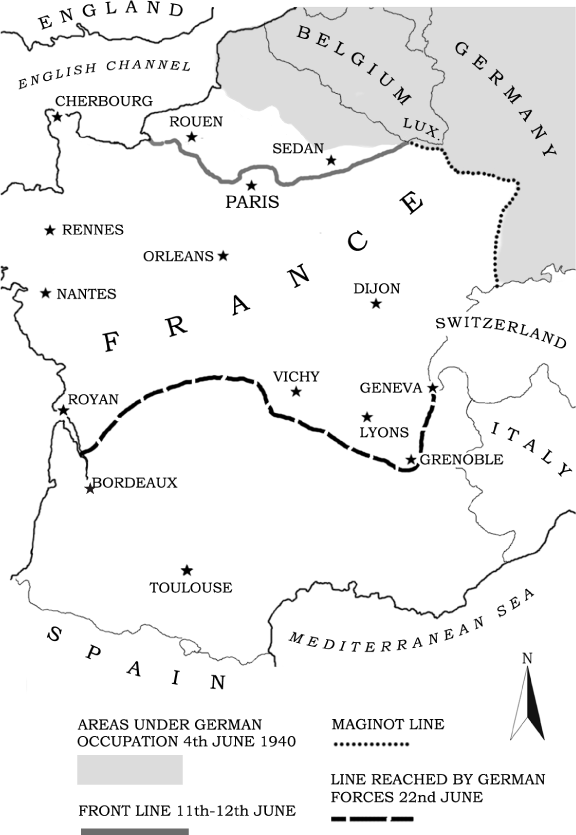
Font size:
Interval:
Bookmark:
Similar books «Great battles of World War II: how the Allies defeated the Axis powers»
Look at similar books to Great battles of World War II: how the Allies defeated the Axis powers. We have selected literature similar in name and meaning in the hope of providing readers with more options to find new, interesting, not yet read works.
Discussion, reviews of the book Great battles of World War II: how the Allies defeated the Axis powers and just readers' own opinions. Leave your comments, write what you think about the work, its meaning or the main characters. Specify what exactly you liked and what you didn't like, and why you think so.

